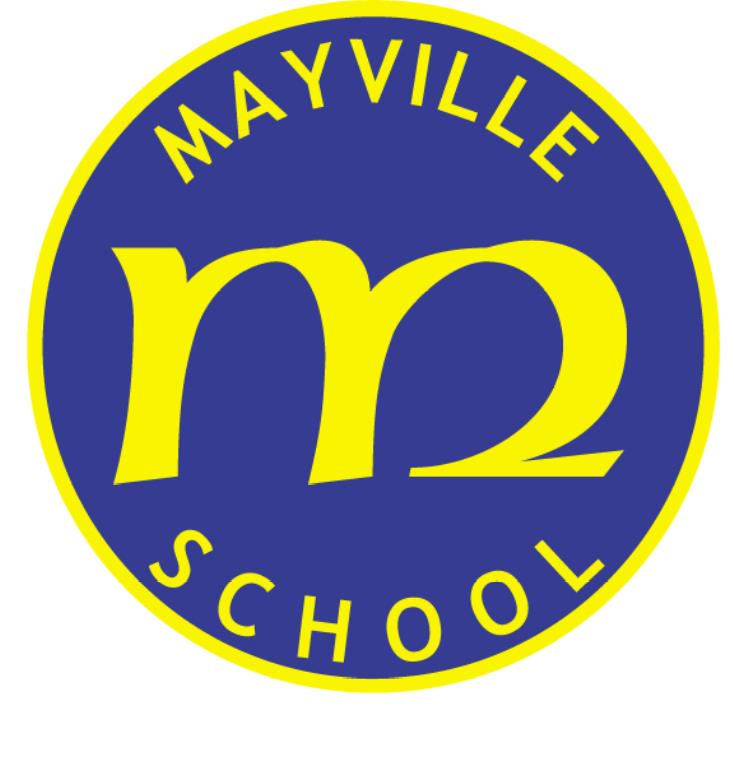Science
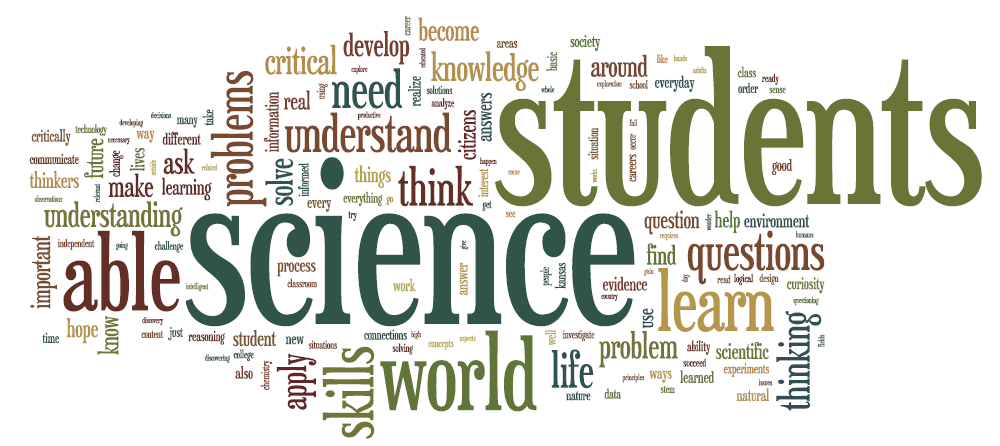
Intent
At Mayville Primary School we believe that Science is a cluster of skill based processes as well as facts, information and ideas. These skills provide our children with the foundations to aid them to discover and understanding the world around us.
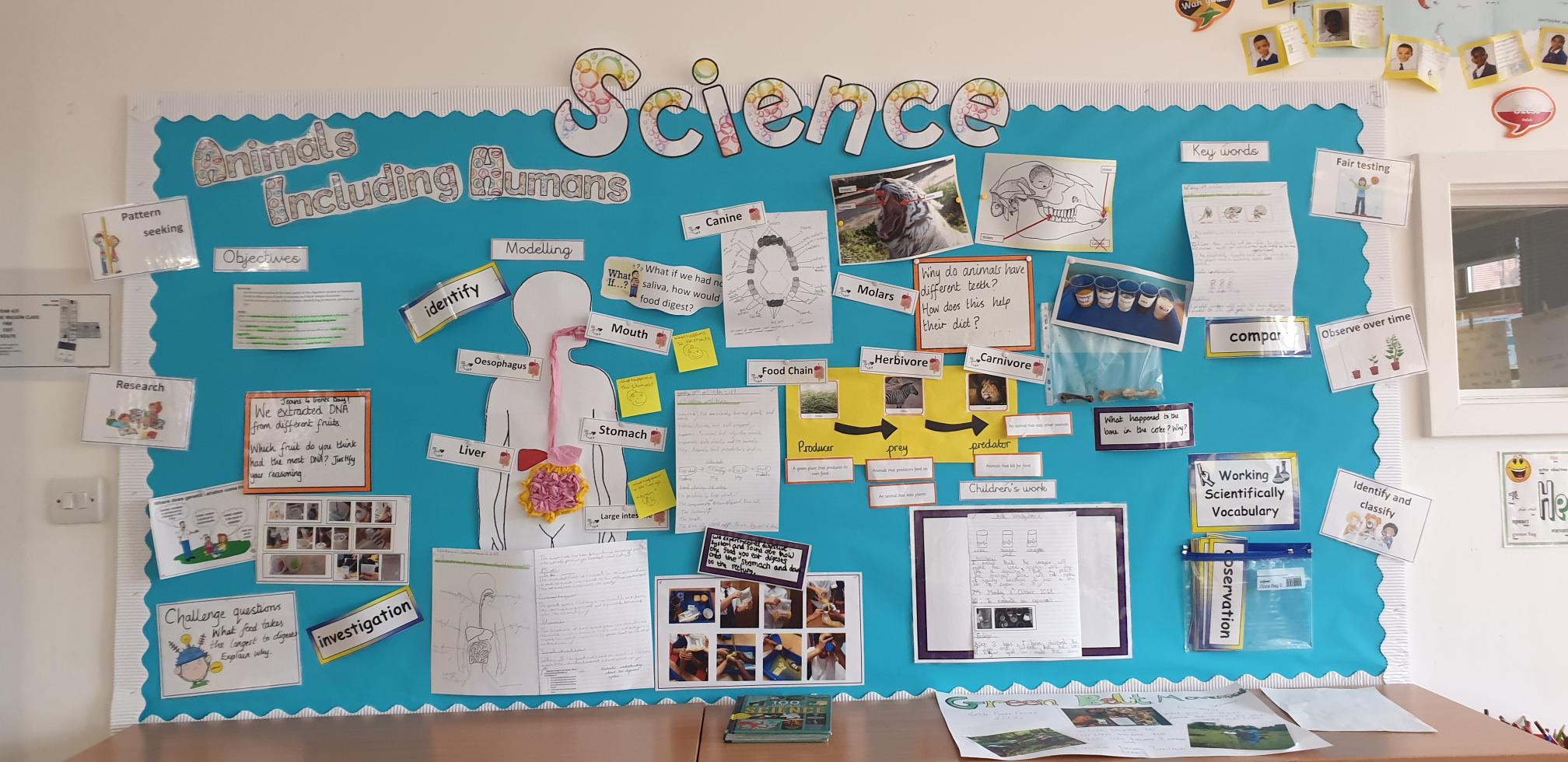
We encourage children to develop natural curiosity, giving all children a strong knowledge and understanding of the world. Whilst developing scientific enquiries to equip them with the scientific skills that are essential to understand the uses and implications of science, today and for the future.
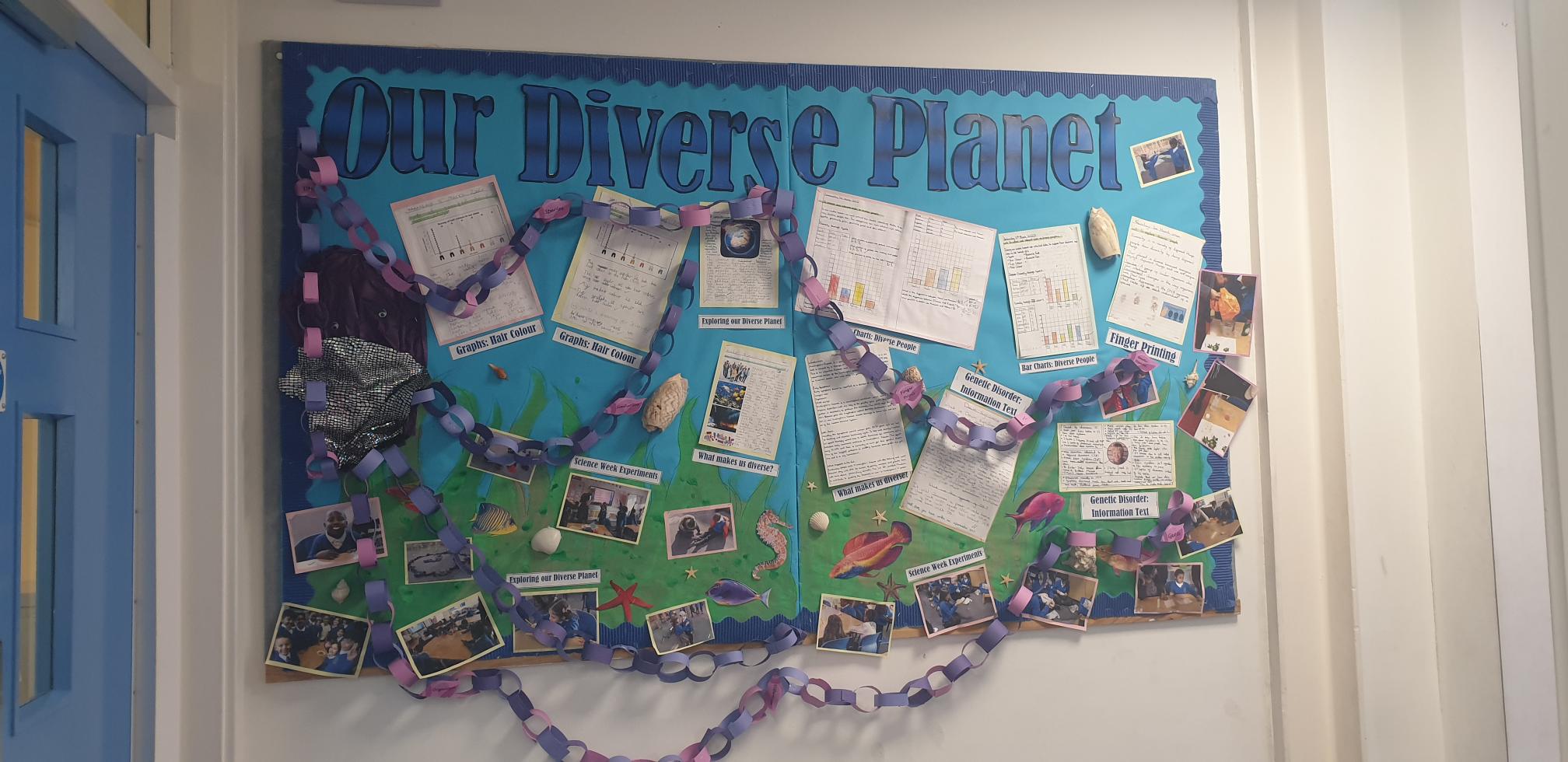
Our Science curriculum is based on the White Rose Science scheme, which provides a comprehensive coverage of the Statutory content for Science as well as covering scientific questions around sustainability and the planet to encourage pupils to develop empathy for the local and wider environment. The units of learning are carefully planned to ensure progression of knowledge and skills, to enable pupils to deepen their understanding of scientific concepts.
In essence, as per the National Curriculum, our Science curriculum is designed to ensure that all pupils:
- Develop scientific knowledge and conceptual understanding through the specific disciplines of biology, chemistry and physics
- Develop understanding of the nature, processes and methods of science through different types of science enquiries that help them to answer scientific questions about the world around them
- Are equipped with the scientific skills required to understand the uses and implications of science, today and for the future. We understand that it is important for lessons to have a skills-based focus, and that the knowledge can be taught through this
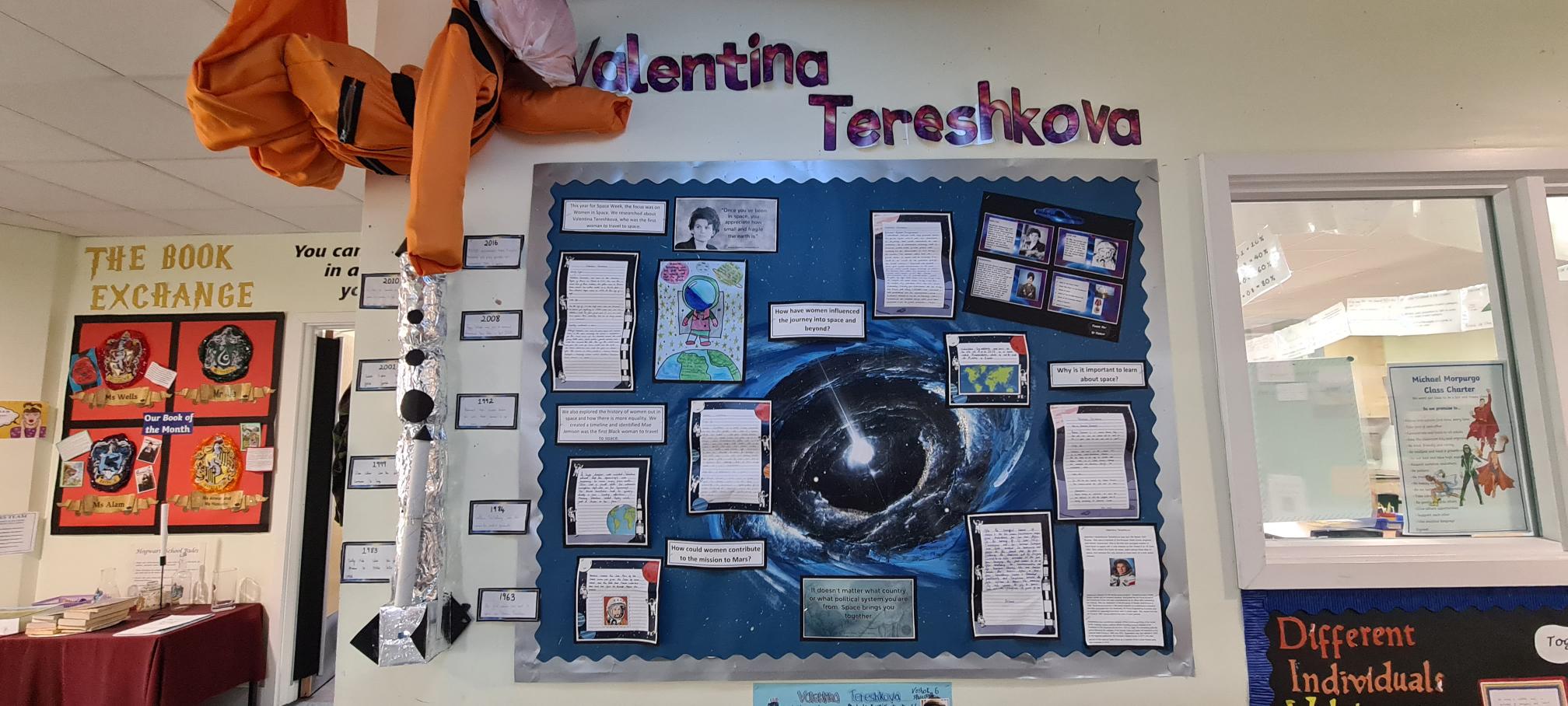
Implementation
At Mayville, we break down the essential aspects of key stage science into small chunks (units of learning) to aid in deepening of knowledge and understanding. These small chunks are revisited and built upon throughout the journey of pupils at Mayville to aid the retention of core knowledge and skills into long-term memory. The chunks are further broken down and teachers deliver lessons in small steps to deepen pupils understanding.
Through experiment, practise and discussion, children gain core knowledge around
- Scientific vocabulary
- ‘Working scientifically’ skills including systematic and careful observations and following practical scientific methods
- The gathering and interpretation of straightforward scientific evidence
- The use of everyday materials and scientific equipment to solve science problems
- Articulating scientific concepts and using five types of science enquiries
Children are further supported by a learning ladder in books that provides an overview of the progressive nature of their learning journey throughout Mayville so they can understand where a specific unit of learning fits into the ‘bigger picture’
They are also supported with title pages for each chunk incorporating the following:
- A recap of required prior knowledge so they can review and understand how their learning is built upon and connected
- Learning journey so they can understand how their learning will progress within the unit and lead up to the enquiry question
- Journey of working scientifically skills so they can recognise the scientific skills they will need to master
- key vocabulary that they will need to master
At the end of every unit of learning, pupils take a low stakes quiz covering the breadth and depth of the unit taught to enable them to retain knowledge and concepts into long-term memory.
Impact
Our science curriculum is high quality, well thought out and designed to support a deeper understanding of scientific knowledge and working scientifically skills for all pupils. Its progressive nature and revisiting of content supports with retention of knowledge in children’s long-term memory.
Further supported by science events, trips and local partnerships, our children have a well-rounded science education that fosters in them a love of understanding how the world works. This prepares them for secondary science education, promotes cultural capital and careers in science.
To ensure quality and measure the impact of our provision, learning is tracked through end of unit quizzes, pupil voice, learning walks, monitoring of planning and delivery, CPD for staff.
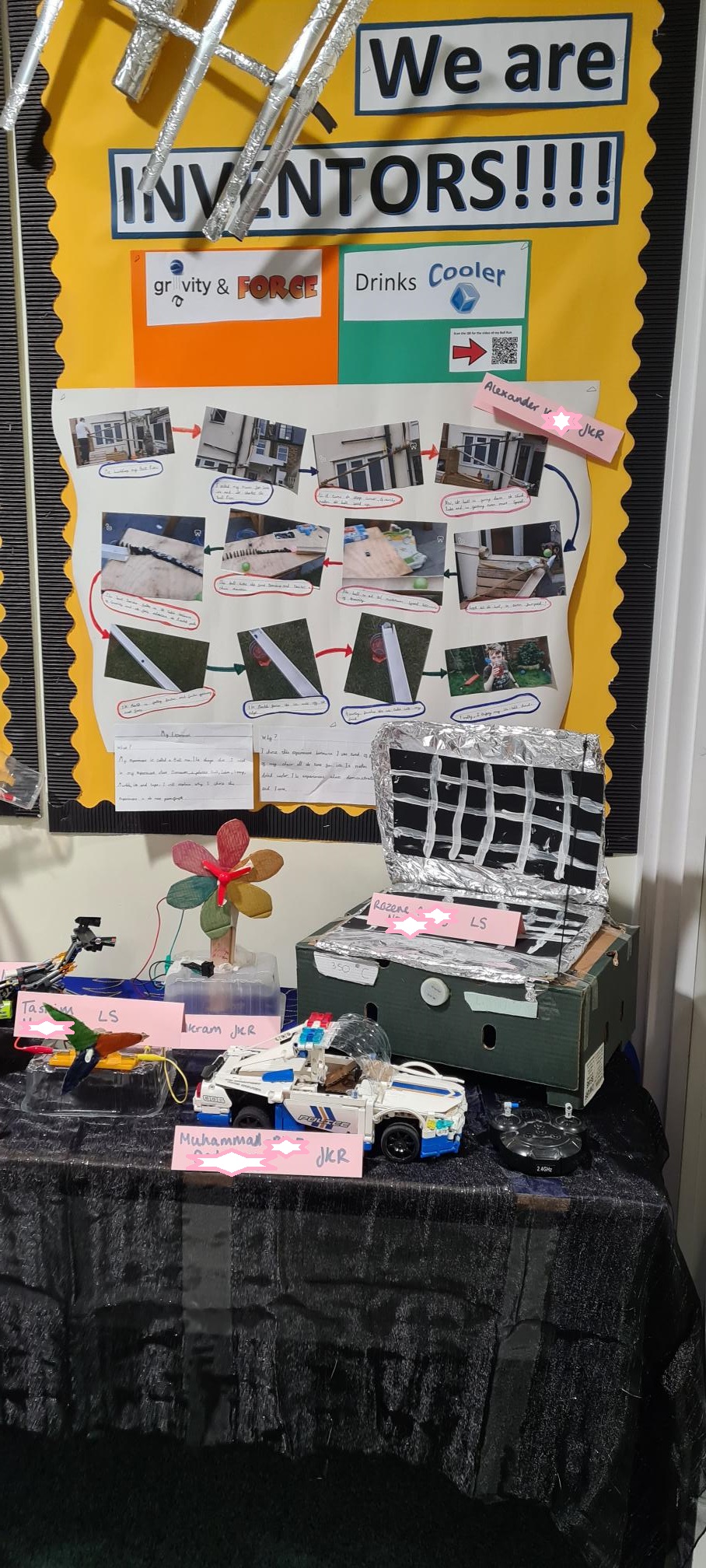
Teaching and learning
- Teacher to follow the medium term and short term plan from the scheme Whte Rose Science
- Science planning should involve real life contexts, where children are investigating scientific questions with a real purpose in mind, appropriately linked to their topic.
- Enquiry-based learning should infuse the scientific knowledge and understanding that is developed by the teacher, as it gives life and sustenance to learning new knowledge in key areas of the curriculum
- Teachers should regularly plan for opportunities for children to apply their scientific skills to different areas within science lessons and across the curriculum. This will cover the breadth, allowing children to revisit, practice and consolidate different areas of science and apply them within different contexts.
- Pupils are encouraged to build their curiosity by asking their own questions and having the opportunity to use their scientific skills to research and discover their answers. Teachers should further stimulate and challenge pupil’s questioning to test their conceptual knowledge and skills.
- Pupils are exposed to new vocabulary and challenging concepts through direct teaching.
- Working scientifically skills are rooted into lessons to ensure these skills are developed throughout the children’s school journey.
- Teachers find opportunities to develop children’s understanding by accessing outdoor learning where appropriate.
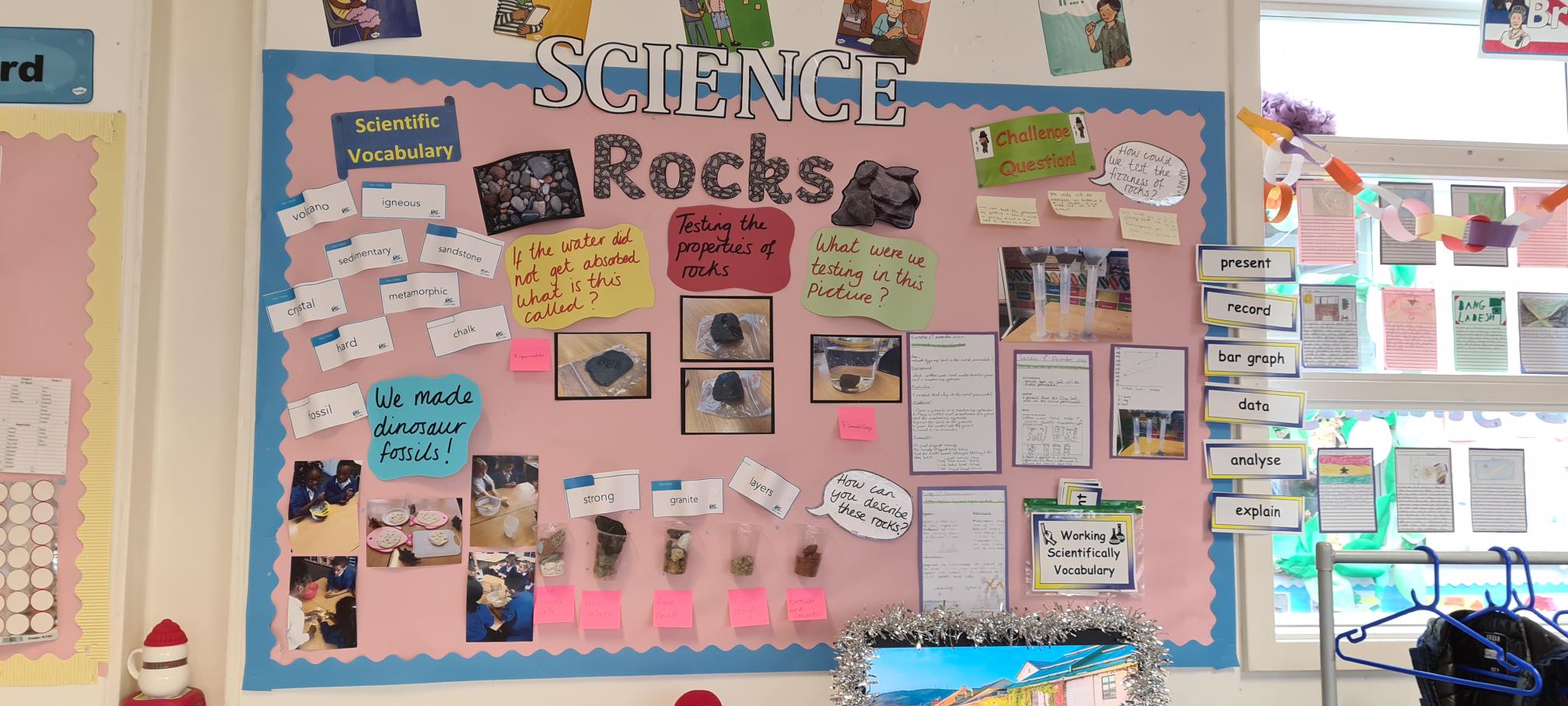
Useful websites:
